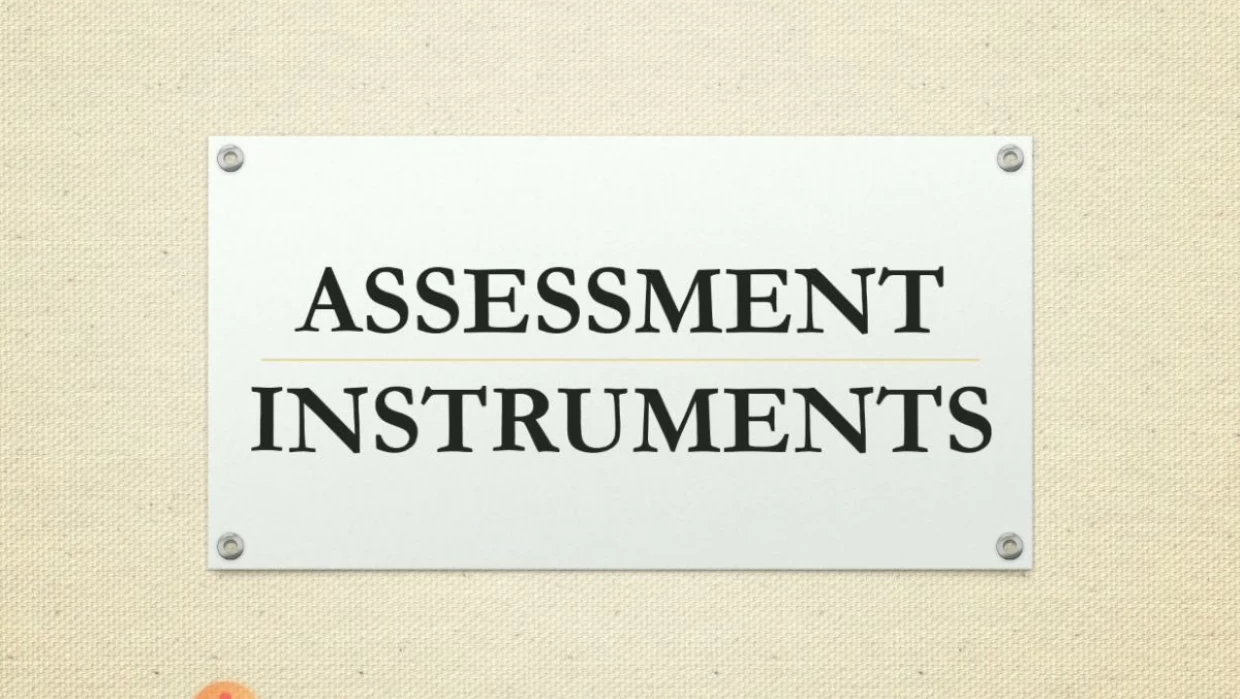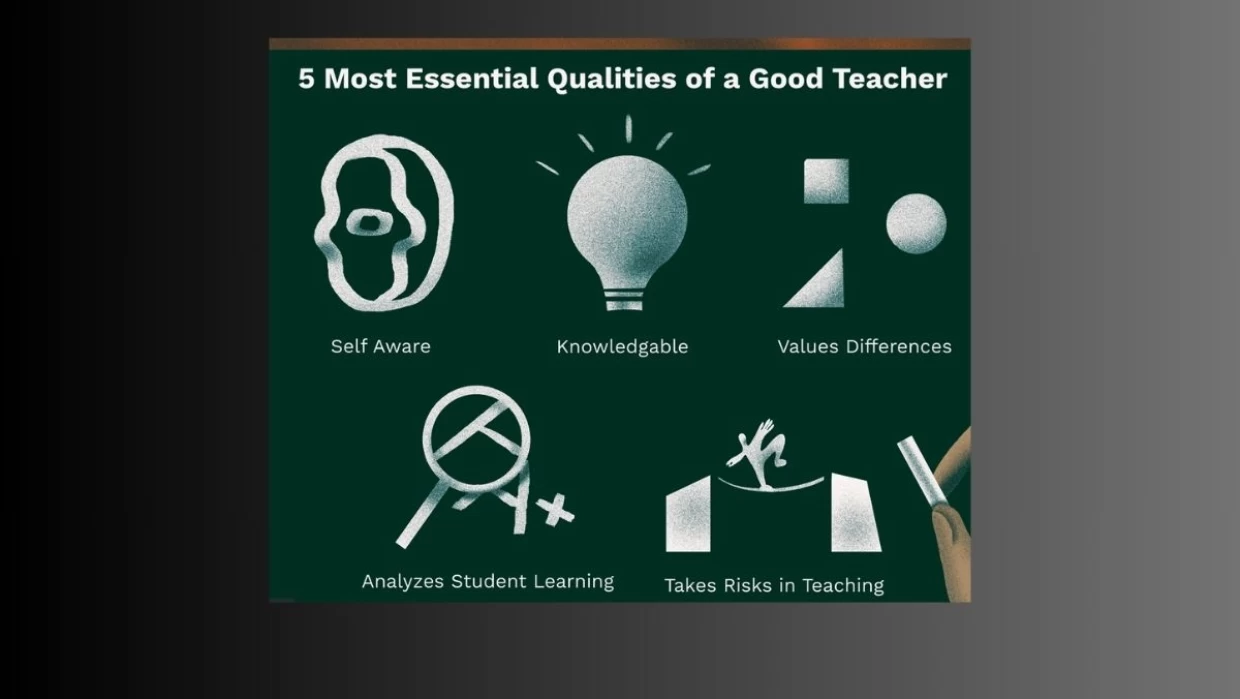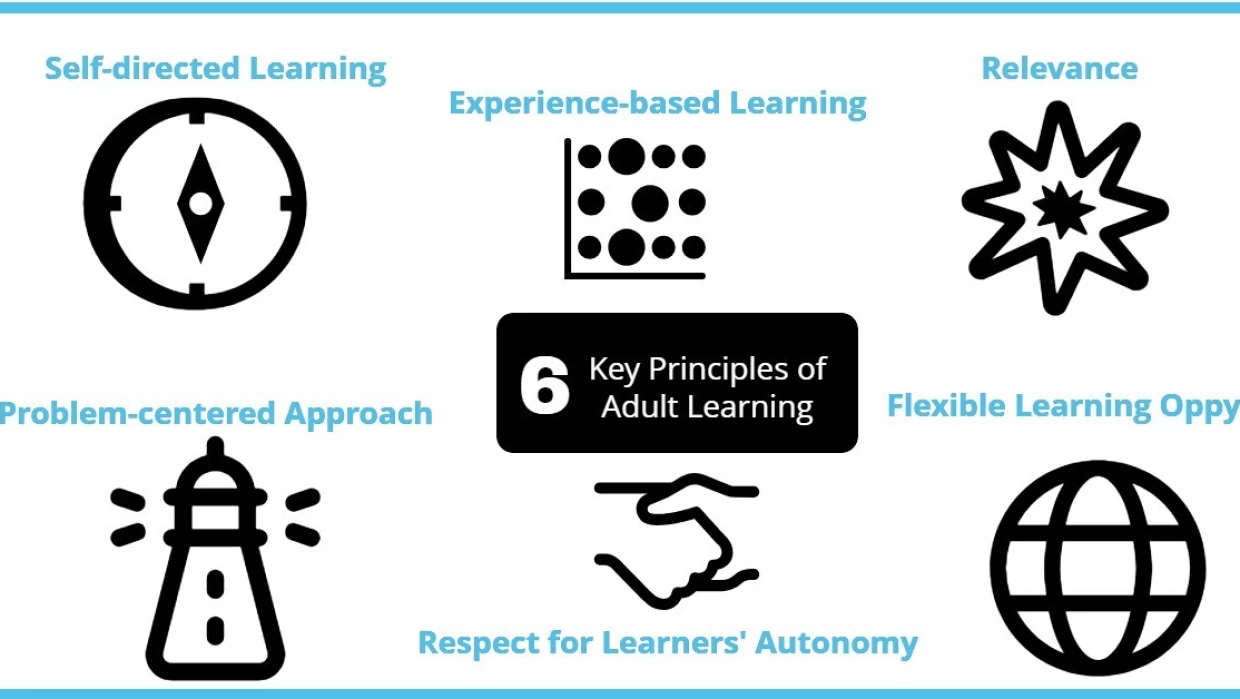Starting a new career is exciting! You're full of knowledge and skills, ready to share it with the world. But imagine walking into a gym and being poorly trained by someone who learned everything from YouTube videos. A little scary, right? The same goes for becoming a trainer in Australia's booming vocational education (VET) sector. Passion for your subject is fantastic, but proper training is essential to ensure your students get the most out of your expertise.
The demand for skilled trainers in Australia is on the rise. This means there are training opportunities to turn your passion into a profession. But before you start, let's explore why investing in formal training is vital for both your success and the success of your future trainees.
Why Training Matters for Trainers
Let's be honest, you wouldn't want your car serviced by a mechanic who learned everything from their garage, right? The same goes for becoming a trainer! Sure, you're an expert in your field, but it isn't enough for the skills and knowledge needed for complete training.
Expertise vs. Experience:
Being an expert is a great foundation, but a trainer helps you with the skills to translate your knowledge into engaging and impactful learning experiences. We're talking clear explanations, interactive activities, and assessments that truly measure understanding – not just lectures and hoping for the best. Trainers come with experience, different learning styles, and specific goals. An untrained manager might struggle with diverse groups, leading to frustrated learners and inadequate training. With adequate training, you'll be prepared to create a dynamic learning and work environment that keeps everyone engaged and motivated – a win-win for you and your trainees!
Understanding Adult Learners:
Adults learn differently than kids in a classroom. They crave practical applications and activities that keep them engaged. Training courses help you understand these differences and approach them accordingly. Here's where investing in training helps you with the necessary skills to bridge the gap. You'll learn how to take your knowledge and turn it into a success for your trainees.
The Risks of Being an Untrained Trainer
Just like learning a new skill requires proper guidance, so does effective training delivery. Here's why a lack of training can have some unintended consequences:
1. Ineffective Knowledge Transfer:
The Problem: Ever sat in a lecture where information just goes in one ear and out the other? Untrained trainers often lack skills in instructional design. This means training programs might be poorly structured, with information dumped all at once.
The Risk: Your trainees get overwhelmed, struggle to grasp concepts, and ultimately don't achieve the desired learning outcomes. It's a recipe for wasted time, resources, and frustrated learners.
2. Safety First (Especially for Risky Fields):
The Importance: In some safety training areas like construction or healthcare, safety is important. Untrained employees might not be fully aware of the specific safety protocols and best practices within their field.
The Risk: This can lead to situations where trainees are unintentionally put at risk. Australian regulations from Safe Work Australia mentioned specific safety requirements for workplaces, and trainer qualifications often play a role.
3. Loss of Credibility and Reputation:
The Scenario: Imagine a trainee asks a specific question, and you, the untrained trainer, struggle to answer clearly! This can quickly remove trust and respect.
The Impact: Lack of training at work can damage your reputation and the reputation of the organization you work for. As properly trained trainees are your best advocates!
4. Legal Concerns and Compliance: or Legal or Regulatory Issues:
The Potential Pitfall: Let's say an untrained trainer provides incorrect guidance that leads to a trainee getting hurt. In this scenario, legal consequences could arise due to negligence.
Staying on the Right Side of the Law: Australian VET quality standards set out by the Australian Skills Quality Authority (ASQA) often require trainers to possess specific qualifications to ensure quality training delivery. Following these regulations protects you and your trainees.
Investing in Your Success as a Trainer
Becoming a trainer wouldn't involve just watching YouTube videos, right? The same goes for crafting effective training programs. Here's where training provides you with different skill sets to transform your passion into a successful business.
Benefits of Trainer Training:
Trainer training isn't just about ticking a box. It's about giving you the tools to become a top-notch trainer. Here's where investing in formal trainer training prepares you with the skills to become a successful trainer:
Mastering the Knowledge: Trainer training provides you with instructional design principles. These are the secrets to structuring your training programs for effective knowledge transfer. No more information overload – just clear, concise lessons that ensure your trainees grasp every concept.
Engaging Activities: Adult learners want more than lectures. Trainer training helps you with personal development opportunities. Think of workshops, simulations, and activities that keep your trainees on their toes and actively involved in the learning process. The more engaged they are, the better they'll retain the information.
Assessment: How do you know your trainees are learning? Trainer training provides you with effective assessment techniques. You'll learn to create assessments that accurately measure a trainee's understanding and ensure they're meeting the learning goals of your program.
Confidence: Imagine confidently answering any question your trainees throw your way. Training not only provides you with leadership skills but also builds your confidence and credibility as a trainer. This will have a ripple effect, fostering trust and respect in the classroom.
Trainer Training Pathways in Australia
The good news is there are clear paths to becoming a qualified trainer in Australia. The specific qualification you need will depend on your chosen field and experience level. Here are a couple of popular options:
Trainer Assessor Course: TAE40122 Certificate IV in Training and Assessment: This nationally recognized qualification provides a solid foundation for new trainers. It covers everything from instructional design to assessment and workplace mentoring.
Diploma of Vocational Education and Training: This advanced diploma is ideal for experienced trainers or those seeking leadership roles. It teaches about areas like training program design, curriculum and leadership development, and vocational education principles.
Diploma of Training Design and Development: This advanced diploma provides comprehensive training in structuring effective training programs, mastering adult learning principles, analysing training needs, and developing clear learning outcomes. With this course, you'll become a content creation guru, learning to create engaging learning resources such as interactive activities, multimedia presentations, and clear, concise materials. Moreover, you'll also learn assessment strategies to accurately measure trainee competence and ensure their ability to apply knowledge in real-world scenarios.
LOP Training: Your Trusted Partner in Trainer Success
We get it; starting a new training journey can feel overwhelming. That's why Learning Options is here to support you every step of the way. We're a leading provider of VET trainer qualifications in Australia, with a range of features designed to make your learning experience smooth and successful:
Flexible Learning Options: We offer online and blended learning delivery options, so you can fit your studies around your busy schedule. Learn from anywhere, anytime!
Industry Expertise: Our trainers are industry veterans who share their practical knowledge and real-world experience. You'll learn from the best!
Support Services: We don't just throw you into the deep end. Our dedicated support team is here to answer your questions, offer guidance, and help you succeed throughout your training journey.
Investing in trainer training isn't just about ticking a box – it's about investing in your success and the success of your future trainees. By choosing Learning Options, you'll gain the skills, confidence, and support you need to become a trainer and make a real impact in the VET sector. We'll answer your questions, guide you through the process, and help you achieve your potential as a trainer.
Ready to discuss your training goals and take the first step towards a rewarding career as a trainer?
Get in Touch with US Today!
FAQ
What are the main characteristics of an effective trainer?
Answer: Some of the main characteristics of an effective trainer include:
Show empathy.
Be organized.
Be informed.
Be dedicated to lifelong learning.
How do you train someone who does not want to be trained?
Answer: Relate what you're teaching them to - how it will help them achieve their objectives - inspire them to complete the program.
How can I become a confident trainer?
Answer: Encourage involvement. Your attendees will like your training if they actively participate in activities and conversations.
What skills does a technical trainer have?
Answer: Technical trainers should have extensive knowledge and technical ability in their area of specialization. They must be outstanding communicators and show strong organizational and time management abilities.
What is talent improvement training?
Answer: Skill enhancement or training often employs a combination of cognitive and behavioural problem-solving techniques, both of which aim to boost a person's positive skills development.
How can I become a better online trainer?
Answer: Some of the most effective virtual training best practices
Take good preparation.
Be prepared for any problems.
Consider pre-session activities.
Must greet participants.




































We would be delighted if you could get in touch with us.
Your email address will not be published. Required fields are marked